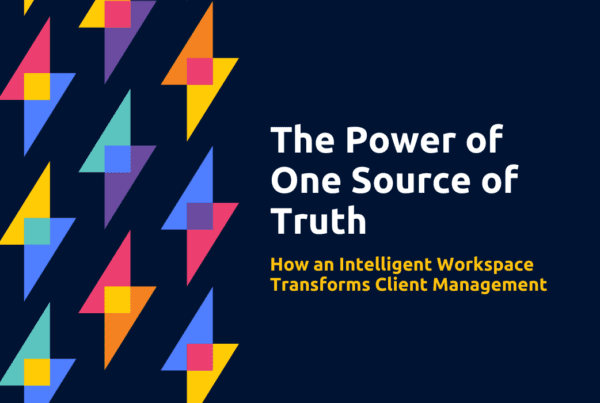In the evolving landscape of digital finance, blockchain technology is becoming a pivotal innovation for accounting professionals. Known for its robust security features, decentralized nature, and unparalleled transparency, blockchain is poised to transform the accounting sector. This technology offers significant opportunities to enhance data security, ownership integrity, and the verification of transactions, making it an invaluable asset for accountants looking to stay ahead in a digitalized economy.
Understanding Blockchain in Accounting
What is Blockchain?
Blockchain is a distributed ledger technology that records transactions across multiple computers in such a way that the records cannot be altered retroactively without the alteration of all subsequent blocks and the consensus of the network. This technology underpins cryptocurrencies like Bitcoin and Ethereum, but its potential extends far beyond, particularly into the realms of accounting and financial auditing.
Key Features of Blockchain That Benefit Accounting
Immutable Records: Once a transaction is recorded on a blockchain, it cannot be altered or deleted. This immutability ensures that financial records are secure and tamper-proof.
Decentralization: Blockchain operates on a peer-to-peer network that is not controlled by any single entity. This reduces the risk of central points of failure and increases the resilience against fraud.
Transparency: All transactions recorded on a blockchain are visible to authorized users, ensuring transparency and fostering trust among stakeholders.
Automation through Smart Contracts: Smart contracts automatically execute transactions when predetermined conditions are met, streamlining processes and reducing the manual workload for accountants.
Enhancing Security and Data Ownership
The integration of blockchain technology in accounting practices primarily boosts security and data ownership. By utilizing blockchain, accountants can secure sensitive financial data against unauthorized access and cyber threats. The cryptographic nature of blockchain ensures that data, once entered into the ledger, is virtually impervious to tampering. Additionally, blockchain’s decentralized structure gives firms control over their data, eliminating reliance on third-party data management services, which often pose risks related to data mishandling and breaches.
Verifying Transactions with Precision
Blockchain’s capability to provide a transparent, unalterable record of all transaction histories simplifies the verification process for accountants. This is particularly useful in audit trails, where verifying the authenticity of transactions traditionally requires substantial effort and time. Blockchain automates and simplifies these verifications, reducing the potential for human error and increasing the efficiency of financial audits.
Potential Use Cases in Accounting
Audit and Compliance: Blockchain can simplify the audit process through its transparent and immutable record-keeping capabilities. This can help in easily tracing assets and verifying transactions without the need for extensive paperwork.
Tax Preparation and Reporting: By automating transaction logging and ensuring the accuracy of records, blockchain can aid in real-time tax reporting and preparation, reducing inconsistencies and errors.
Payroll Processing: Implementing blockchain can automate payroll in multinational corporations, handling conversions and transfers in different currencies securely and efficiently.
Asset Management and Tracking: Blockchain provides a reliable and unchangeable ledger for recording the purchase, depreciation, and disposition of assets, ensuring compliance and accuracy in asset management.
Trends Driving Blockchain Adoption in Accounting
The push towards digital transformation, increased regulatory scrutiny on financial practices, and the rising need for more efficient audit systems are significant trends driving the adoption of blockchain in accounting. As technology continues to evolve, accountants who leverage blockchain will likely find themselves at a competitive advantage, equipped with tools that not only streamline processes but also fortify them against fraud and cyber risks.
Blockchain technology offers profound benefits for the accounting sector by reinforcing data integrity, enhancing transparency, and improving the efficiency of financial practices. As the technology matures and more use cases are developed, blockchain will likely become a standard tool in the accountant’s toolkit, revolutionizing how financial data is managed and utilized in an increasingly digital world. Accountants ready to embrace this change will find themselves well-prepared to navigate the future of finance.
Is Blockchain the Future of Accounting?
Blockchain technology is not just a passing trend in the accounting world—it’s a glimpse into the future. With its capacity to enhance security, improve transparency, and streamline operations, blockchain stands poised to revolutionize traditional accounting practices. Its ability to maintain an immutable, real-time ledger of transactions presents an unparalleled opportunity for accuracy and efficiency in financial management. While challenges remain, such as widespread adoption and regulatory adjustments, the continuous advancements in blockchain technology suggest a promising future where it could become as fundamental to accounting as the calculator once did. For forward-thinking accountants, embracing blockchain now might be the key to staying relevant in an increasingly automated and digitized financial environment.



